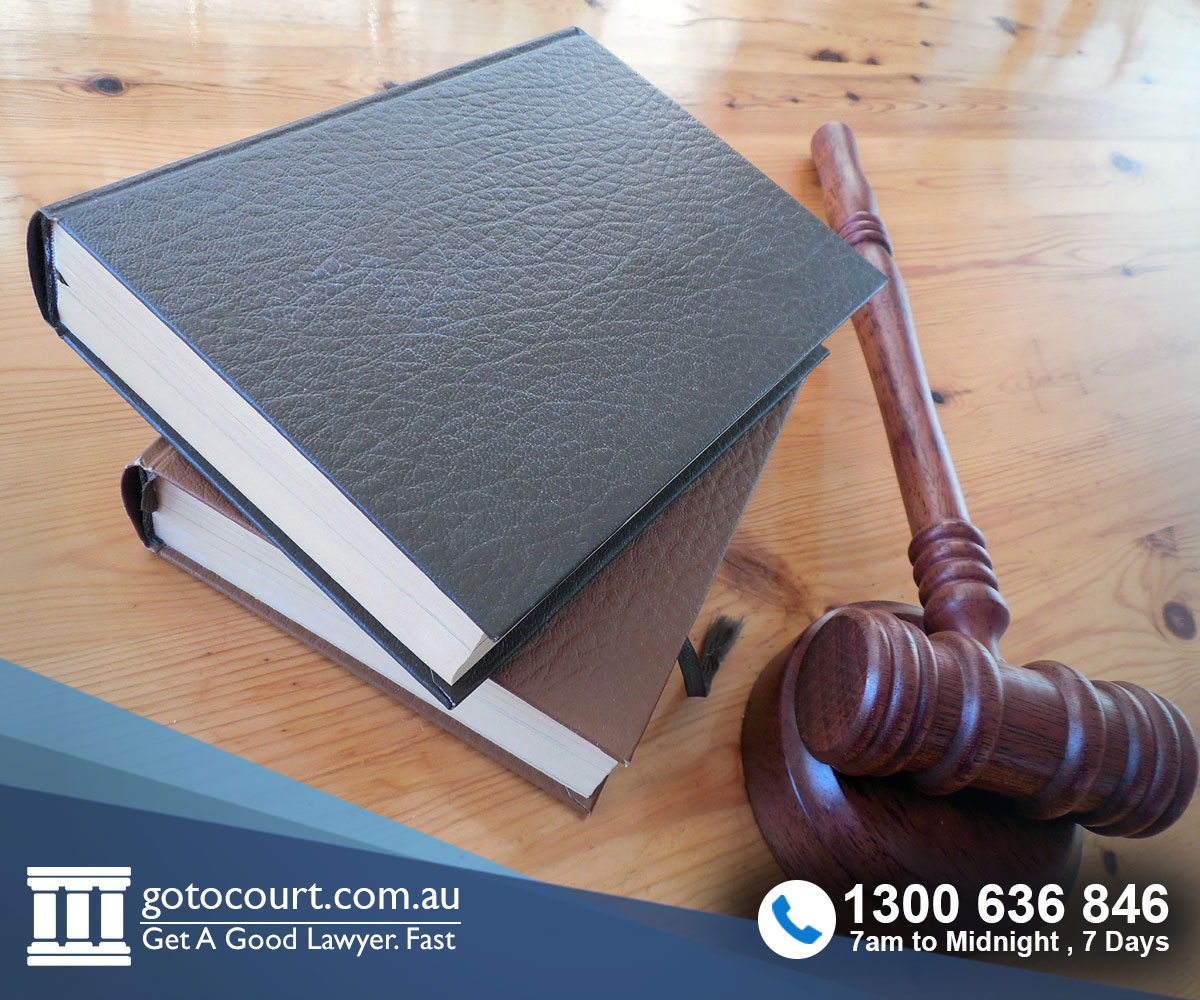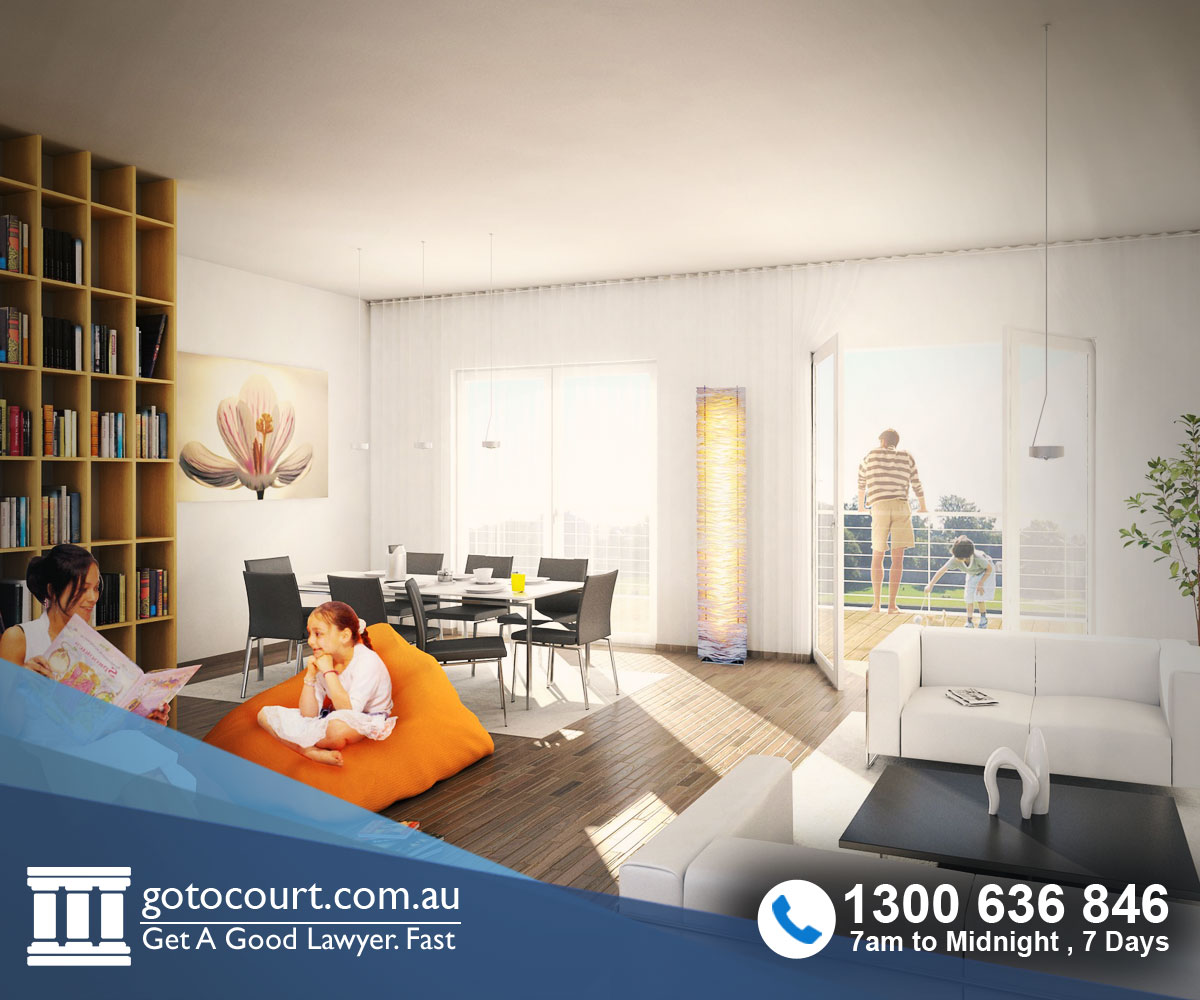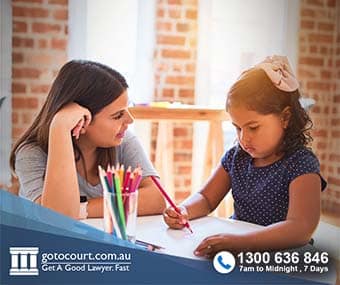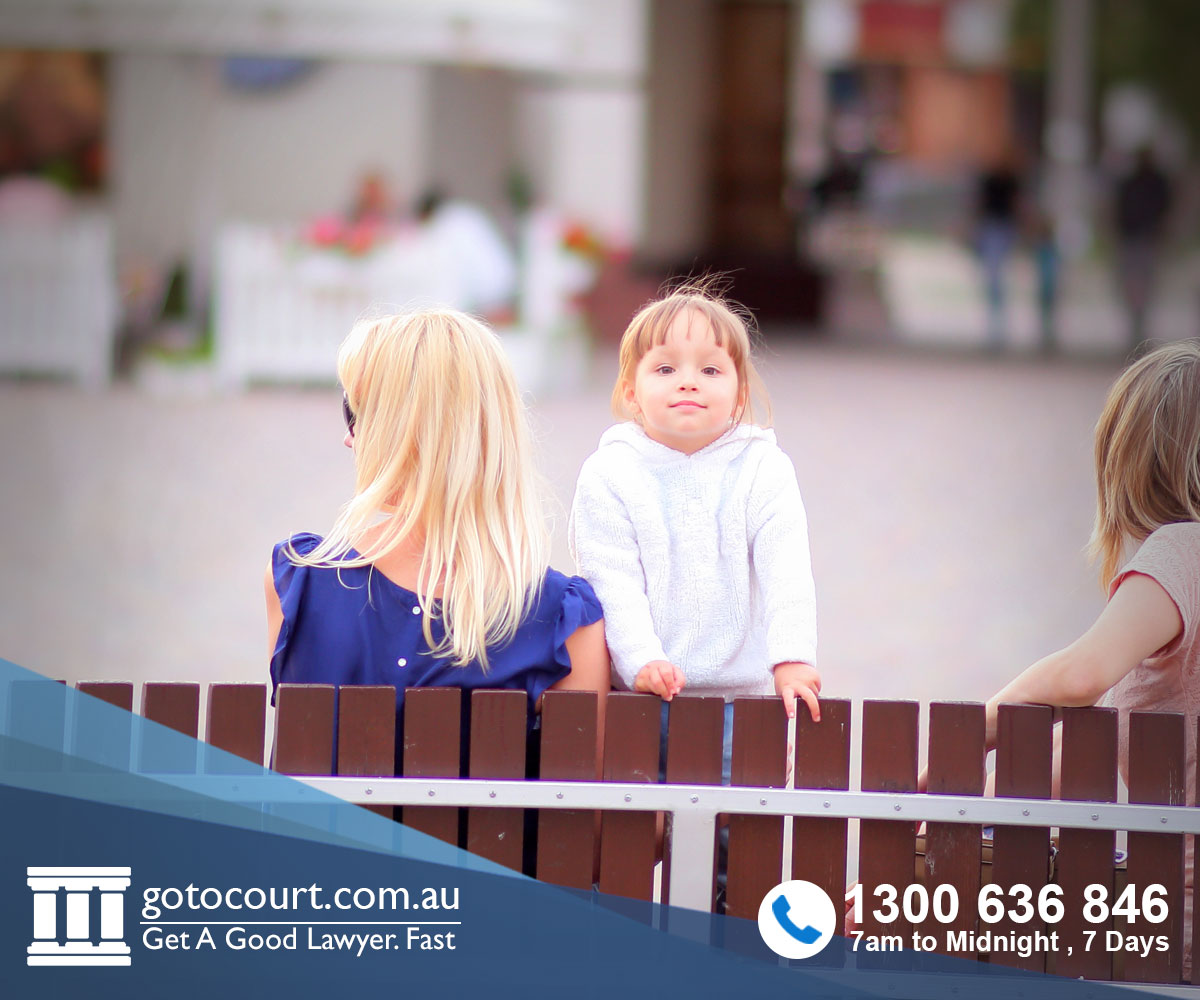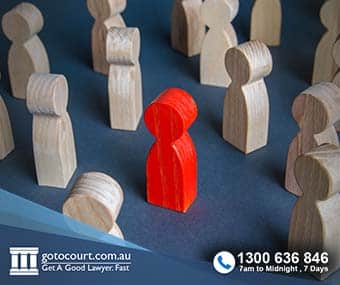Voluntary Assisted Dying (Vic)
In 2017, Victoria became the first Australian state to legalise voluntary euthanasia for the terminally ill. The state’s Voluntary Assisted Dying laws, which came into force in 2019, are now under a five-year review, which will assess how the laws are operating. The review will conclude in 2024 and provide a report to both houses of parliament. This page outlines Victoria’s Voluntary Assisted Dying laws.
What is the Voluntary Assisted Dying Act?
The Voluntary Assisted Dying Act makes it legal for a person with decision-making capacity to choose to end their life with medical assistance. The legislation is premised on the principles that every human life has equal value, that a person’s autonomy ought to be respected and that a person approaching the end of their life should be provided with quality care and options and protected from abuse.
What is decision-making capacity?
Under Section 4 of the Act, a person has decision-making capacity in relation to assisted dying if they are able to:
- understand the information relating to the decision to access voluntary assisted dying and its effect;
- retain that information;
- use or weigh the information to make the decision;
- communicate the decision and their views and needs.
A person is presumed to have decision-making capacity unless there is evidence to the contrary.
Conscientious objection
Under Section 7 of the Act, a health practitioner who has a conscientious objection to voluntary euthanasia may refuse to participate in any part of the voluntary assisted dying process, including providing information about it.
Who is eligible for voluntary assisted dying?
To be eligible to elect for assisted dying, a person must:
- be over 18;
- be an Australian citizen or permanent resident who has lived in Victoria for at least 12 months;
- have decision-making capacity;
- have been diagnosed with a disease, illness or condition that is incurable, advanced, progressive and will lead to death within the next six months (or in some cases 12 months) and be suffering in a way that cannot be relieved in a way the person considers tolerable.
A person is not eligible for voluntary assisted dying because of a mental illness or disability.
It is important to note that under the legislation, a medical practitioner must not initiate discussion of voluntary assisted dying with a patient or suggest voluntary assisted dying to the patient. This discussion must be initiated by the patient.
What is the process for voluntary assisted dying?
Before an eligible person can access voluntary assisted dying, they must go through
Step one – First request
The patient makes a request to a registered medical practitioner for voluntary assisted dying. This request must be clear and unambiguous and must be made by the patient personally.
If the person then decides not to continue, the process ends.
If a medical practitioner accepts a first request, s/he becomes the patient’s co-ordinating medical practitioner.
Step two – First assessment
The co-ordinating medical practitioner must then assess whether the patient meets the eligibility criteria. In some cases, this may require a referral to a medical practitioner with specialised training to determine whether the person has decision-making capacity.
Step Three – Consulting assessment
If the patient is assessed as eligible, the co-ordinating medical practitioner must refer them to another registered medical practitioner for a consulting assessment. The consulting medical practitioner must assess whether the patient meets the eligibility criteria.
Step Four – Information to be provided
If the patient meets the eligibility criteria, their co-ordinating medical practitioner must then inform them of the following:
- Their diagnosis and prognosis;
- The treatment options available and their likely outcomes;
- Palliative care options;
- The risks and expected outcomes of assisted dying;
- That they may decide at any time not to continue;
- That if they are receiving health serviced form a practitioner other than the co-ordinating practitioner, they should inform them of their request to access voluntary assisted dying.
Step Five – Written declaration
The patient then makes a written declaration requesting access to voluntary assisted dying, stating that they are doing so voluntarily and that they understand the nature and effect of the declaration. The declaration must be signed by the patient in the presence of two witnesses.
Step Six – Final request
The patient may then make a final request to their coordinating doctor for access to voluntary assisted dying. This can be made verbally or by other means, such as gestures.
A final request must be made at least nine days after the first request and at least one day after the person was assessed eligible. However, this requirement does not apply if the co-ordinating medical practitioner considers that the patient’s death is likely to occur before the expiration of the time period.
After making the final request, the patient must appoint a contact person, who will be responsible for returning any unused voluntary assisted dying substance to a pharmacist. The contact person must be over 18 and must accept the appointment.
The Voluntary Assisted Dying Review Board reviews every case of voluntary assisted dying to ensure safety standards are complied with.
Review of the scheme
Section 116 of the Voluntary Assisted Dying Act 2017 requires the legislation to be reviewed during its fifth year of operation. The review assesses the legislation’s operation and its capacity to enable access to eligible Victorians seeking to end their life. The review, which does not consider changes to the legislation itself, will conclude in 2024.
If you require legal advice or representation in any legal matter, please contact Go To Court Lawyers.


